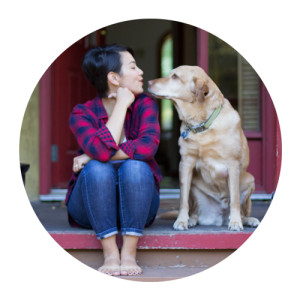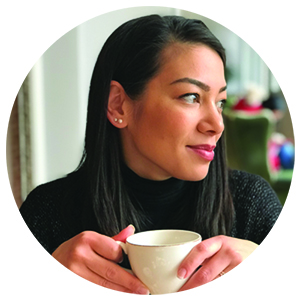I don’t often worry about Ella—almost never, if I’m being honest. I don’t worry that she won’t be able to get a job, or live on her own with appropriate support. I don’t worry that she won’t have friends or won’t get through high school but tonight, as I was helping her brush her teeth I thought, What if Ella never learns how to brush her teeth properly, or just refuses to do it thoroughly? What if she will always have to have someone help her brush her teeth?
This led to other thoughts about whether she would, in fact, be able to hold a job, or if her language would improve and to what degree. Having a younger child only compounds this worry. Audrey, our youngest daughter will be three years old on Saturday. She speaks in full sentences, knows how to be tricky with words and use word play to make a joke, manipulate her parents or get her older brother or sister in trouble. She never misses the “in-between” words whereas Ella still speaks with very fragmented language. Tonight, she wanted me to help her get her pajamas on. I told her that I would help her but I was cold and needed to get a sweater first. To which she replied, “Okay, Mom, sweater, cold, jammies” or a bit later when, after her customary post-Girl Guides routine, she told me, “cereal, spoon, watch Zootopia”. I love Ella so much and every day she leaves me in awe but I suppose this is where my thinking is still flawed. You see, when I consider what Ella will or will not be able to do or try to imagine the contributions she will make to her community and society as a whole I measure her against the social currencies of beauty, brains and brawn.
But what if we measured worth by attributes such as compassion or joy or gratitude? How would our societies be different? How would we view the child with a cognitive delay in bustling class of thirty children? How would we view the person bagging our groceries? How would our government make policies or spend the taxpayer’s money? What if those attributes were seen as greater values? And the people who practiced them were our role models rather than the rich or the famous?
Ella may not be the smartest in her class, but as anyone in her class can attest to: she has taught her peers more about compassion than any book or iPad app could. She has taught them about acceptance, joy and the power of a hug and these are greater accomplishments than I could ever hope for.

















Comment
Can I obtain a lesson plan copy for “This is Ella”? I’m recommending this and a few other books to help my daughters school district open up the conversation about Down Syndrome. I have an 11yo daughter Taylor with Down Syndrome and I want to help advocate for more inclusion.